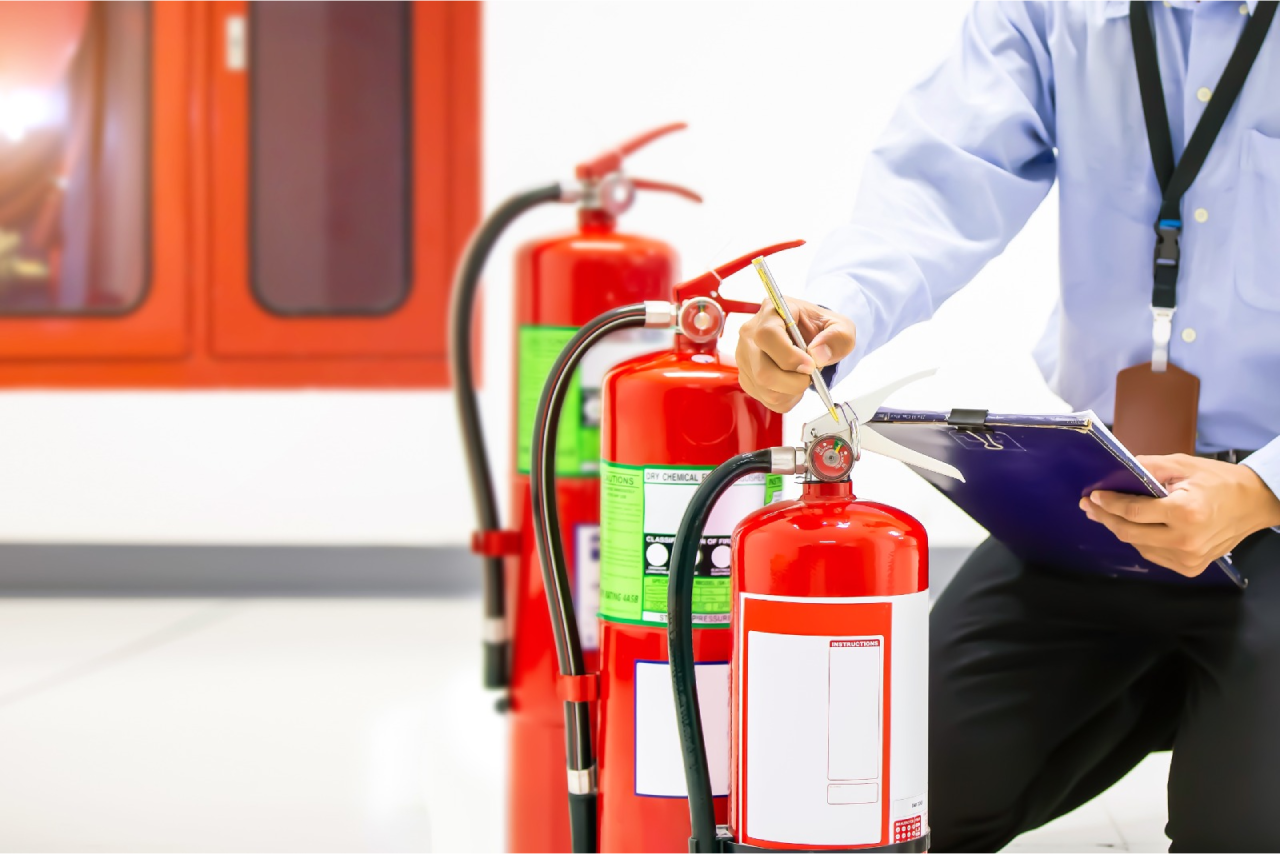
Fire safety is non-negotiable in a setting like healthcare where it is always crowded with patients, staff, and bystanders. The delicate balance between patient care and facility management requires vigilant attention to potential hazards. At Care Learning, we have distilled crucial insights from our fire safety course through the course ‘Preventing Fires in Healthcare Facilities: Insights from Our Fire Safety Course’ to help healthcare professionals and facility managers handle these challenges effectively.
Fire prevention is one of those essentials that should be implemented in huge settings like hospitals. The reason is not just one, but a lot more! Let us look into some of those major reasons.
Imagine that you are a patient lying in a hospital bed, already feeling pretty vulnerable, and suddenly the fire alarm goes off. Not exactly a comforting thought, right? That's why keeping the fire risk low is like putting extra protection around patients. It's all about making sure they can focus on getting better without worrying about fire drills or evacuations.
Hospital staff are the most valuable people, working long hours and dealing with various challenges to keep us healthy. But even they need a safety shield. More than just about sprinkler systems and fire extinguishers fire prevention is about about giving these healthcare staff the peace of mind they deserve while they work their magic.
Do you know that there are rules for everything? Well, hospitals have a whole rulebook dedicated to fire safety. It is like their own little survival guide. Following these rules is not just about ticking boxes; it is about doing the right thing and showing that they have got their act together. Plus, nobody wants to mess with the fire marshal, isn’t it?
Emergencies happen. It is like the unwelcome guest that crashes the party when you least expect it. But being well-prepared makes all the difference. More than just about stopping fire, fire prevention is about being ready to tackle whatever comes our way. With a solid plan in place, hospitals can handle anything - fire, flood, or even anything!
Nowadays, hospitals are equipped with the best infrastructure and fire prevention techniques to avoid accidents. The following are some of those common fire prevention techniques seen in hospitals.
Just like giving your car a check-up, hospitals need regular inspections to make sure everything's in tip-top shape. Routine maintenance helps catch any potential fire hazards from electrical systems to fire alarms before they spark trouble.
Ever heard the saying, "Knowledge is power"? Well, when it comes to fire safety, it's spot on. Hospitals train their staff on fire safety tips, teaching them how to spot hazards, use fire extinguishers, and evacuate patients safely. It is like having a fire safety army ready to spring into action at a moment's notice.
In a hospital, communication is the key, especially when it comes to fire safety. Clear protocols and procedures ensure everyone knows what to do in case of a fire. If you are well prepared to face any situation that comes your way suddenly, it becomes a simple one to handle with less tension and worries.
Hospitals have a lot of moving parts and hidden corners. Conducting a fire risk assessment helps hospitals identify potential fire hazards and develop a game plan to minimize the risks. It is like playing detective, sniffing out trouble before it has a chance to ignite.
Using fire-resistant materials and construction techniques helps slow down the spread of fire, giving everyone more time to evacuate safely. This is something important in hospitals as it is usually crowded. It feels like putting up a barrier between the flames and the people inside.
Practice makes perfect, isn’t it? Hospitals should regularly conduct fire drills to make sure everyone knows their role in an emergency. This can help in evacuating people and save yourself as well as others from big dangerous situations.
Hospitals have a lot of flammable substances like cleaning liquids, or medical gases. Proper storage and handling procedures ensure these materials don't become fire hazards. It is like keeping the matches away from the fireworks, better safe than sorry!
In our Fire and Safety course in UK, we walk you through a lot of necessary modules where you study how to prevent, control, and survive fire accidents that occur in hospitals.
You learn the science behind fires, smoke, and the dangerous gases they produce to better grasp their potential hazards.
You understand how fires develop and spread, empowering you to effectively anticipate and mitigate their impact.
Know proactive measures to prevent fires and conduct thorough risk assessments to safeguard against potential hazards.
In this module of fire safety training, you gain insights into distinguishing false alarms from genuine fire threats, minimizing unnecessary disruptions while maintaining vigilance.
You will discover key markers of fire safety consciousness, fostering a culture of awareness and preparedness within your environment.
You can develop the ability to recognize early warning signs of a fire, enabling swift and decisive action to prevent escalation.
Equip yourself with a structured approach to responding to fires, ensuring a coordinated and effective emergency response.
You can explore different strategies for proactively safeguarding the safety of residents and prioritizing prevention and preparedness.
Learn about innovative evacuation techniques like Progressive Horizontal Evacuation, which optimizes safety in complex environments.
In this, you can understand the importance of fire detection systems and their role in early fire detection, enabling timely responses to threats.
You will familiarize yourself with the types and usage of fire extinguishers, empowering you to tackle small fires effectively.
Discover the versatility and effectiveness of fire blankets in smothering small fires and protecting against burns in emergencies.